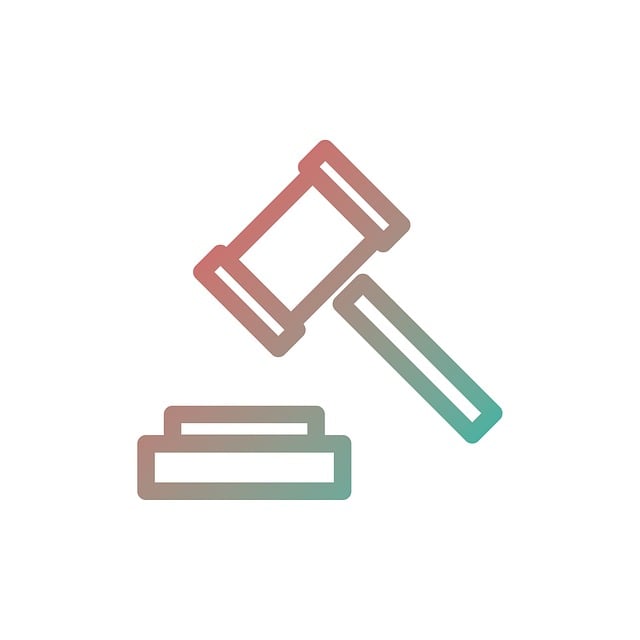Whistleblower protection laws are vital for fostering transparency and accountability, shielding individuals who expose illegal or unethical activities from retaliation. These laws balance encouraging ethical reporting with managing libel claims, as whistleblowers face personal financial burdens when wrongly accused. Businesses must navigate complex legal frameworks, considering the significant costs to defend against libel claims, including legal fees, expert expenses, settlements, and judgments. Proactive measures such as strong internal policies, transparent communication, and an ethical culture can reduce these risks. High-profile cases highlight the substantial financial and reputational damages incurred by whistleblowers and the importance of robust whistleblower protection laws in promoting ethical business practices.
Whistleblower Protection Lawsuits are on the rise, with individuals risking their careers to expose corporate misconduct. This article delves into the legal framework surrounding these suits, examining the balance between protecting whistleblowers and defending against libel claims. We explore the financial burden businesses face when navigating these cases, highlighting strategies for managing costs and potential outcomes. By analyzing real-world examples, we offer insights into the complex landscape of whistleblower protection lawsuits and their significant impact on organizations.
- Understanding Whistleblower Protection Laws and Their Rationale
- The Legal Landscape of Whistleblower Suits: Rights vs. Responsibilities
- Navigating the Cost to Defend Against Libel Claims in Whistleblower Cases
- Common Challenges and Strategies for Businesses Facing Such Lawsuits
- Case Studies: High-Profile Whistleblower Protection Lawsuits and Their Impact
Understanding Whistleblower Protection Laws and Their Rationale

Whistleblower protection laws are designed to safeguard individuals who expose illegal or unethical activities within their organizations. These laws recognize the significant role whistleblowers play in promoting transparency, accountability, and public interest. By providing legal recourse for retaliation against whistleblowers, these statutes aim to encourage ethical reporting without fear of adverse consequences. The rationale behind such legislation is twofold: to protect individuals who take a stand against corporate or governmental misconduct and to deter potential wrongdoings by ensuring swift justice.
Understanding the rationale behind whistleblower protection laws is crucial when navigating legal complexities. Defending against libel claims, which often arise in these cases, can be costly and time-consuming. However, achieving extraordinary results through complete dismissal of all charges is within reach for those equipped with knowledge of these protections. White-collar defense strategies actively focus on balancing the need to hold wrongdoers accountable while ensuring that whistleblowers’ rights are preserved, ultimately fostering a more ethical corporate culture.
The Legal Landscape of Whistleblower Suits: Rights vs. Responsibilities

The legal landscape governing whistleblower protection lawsuits is a complex web of rights and responsibilities. When employees come forward with information about wrongdoing within their respective business, they trigger a series of protections designed to encourage ethical reporting and hold wrongdoers accountable. However, this process also comes at a significant cost to defend against libel claims. Across the country, courts have grappled with balancing these protections against the potential harm caused by false accusations.
Whistleblowers face a delicate tightrope—they must expose illicit activities while navigating legal complexities that could result in personal financial burdens. The challenge lies in distinguishing between valid concerns and malicious reporting. This distinction is crucial, as it determines whether a whistleblower faces legal repercussions for their actions. Philanthropic and political communities advocate for robust whistleblower protections to encourage accountability among businesses and public institutions, but they must also be mindful of the potential consequences for those who err in good faith.
Navigating the Cost to Defend Against Libel Claims in Whistleblower Cases

Navigating the legal landscape in whistleblower cases can be a complex and costly endeavor for businesses and individuals alike. When facing libel claims from whistleblowers, organizations must prepare for significant financial investments. The cost to defend against such claims often includes legal fees, expert witness expenses, and potential settlement or judgment amounts. These expenses can vary widely depending on the complexity of the case, the jurisdiction, and the specific allegations made by the whistleblower.
Avoiding indictment is a primary concern for any respective business facing these lawsuits. To mitigate costs and enhance their defense strategy, companies should consider proactive measures such as implementing robust internal whistleblowing policies, ensuring transparent communication channels, and fostering a culture of ethical reporting. By achieving extraordinary results in these areas, businesses can potentially reduce the likelihood and severity of libel claims, ultimately saving substantial financial resources.
Common Challenges and Strategies for Businesses Facing Such Lawsuits

Businesses facing whistleblower protection lawsuits often encounter significant challenges. One of the primary hurdles is managing the substantial cost to defend against libel claims, which can strain financial resources and divert attention from core operations. Effective strategies are crucial to navigate this complex landscape.
Companies should prioritize early engagement with legal counsel specializing in these cases. A proactive approach allows for a thorough understanding of all stages of the investigative and enforcement process, enabling businesses to develop robust defenses. By focusing on achieving extraordinary results, such as the complete dismissal of all charges, organizations can mitigate reputational damage and ensure their long-term viability.
Case Studies: High-Profile Whistleblower Protection Lawsuits and Their Impact

Whistleblower protection lawsuits have garnered significant attention through several high-profile cases, each leaving a lasting impact on both corporate and individual clients involved in white collar defense. One notable instance involves a former executive who exposed accounting fraud within their company. After blowing the whistle, they faced a libel claim from the corporation, resulting in substantial legal costs to defend against the allegation. This case study highlights the financial burden and potential reputational damage whistleblowers may endure during all stages of the investigative and enforcement process.
Another compelling example is a lawsuit where a former insider revealed environmental violations, leading to a successful prosecution and significant fines for the offending entity. While the whistleblower was protected under the law, they still had to navigate a complex legal landscape and incur substantial costs to ensure their anonymity during the trial. These real-world scenarios underscore the challenges faced by whistleblowers and the importance of robust whistleblower protection laws in fostering ethical business practices.
Whistleblower protection lawsuits pose significant challenges for businesses, necessitating a thorough understanding of both legal rights and responsibilities. As demonstrated in various case studies, these suits can have substantial financial implications, particularly regarding the cost to defend against libel claims. Navigating this complex landscape requires strategic responses, including proactive disclosure policies and effective internal investigations. By learning from high-profile cases, businesses can better prepare for potential whistleblower actions, ensuring they are equipped to protect themselves while upholding ethical practices.






